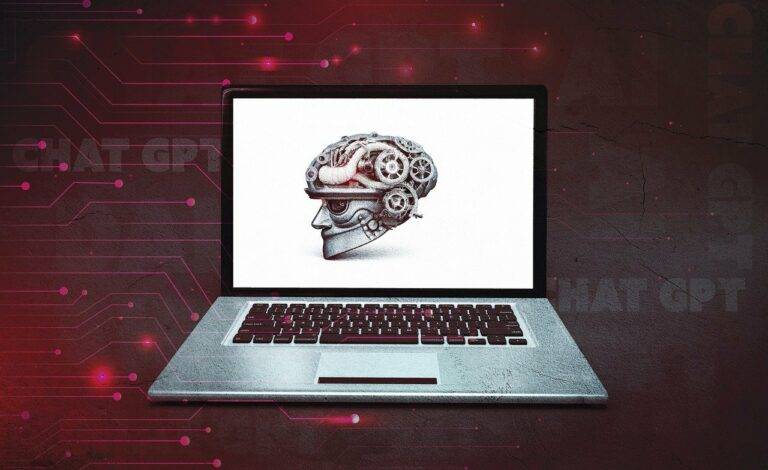The Role of Blockchain in Peer-to-Peer Transactions
In peer-to-peer transactions, individuals can conduct business directly with each other without the need for intermediaries such as banks or payment processing platforms. This decentralized approach allows for quicker and more cost-effective transactions, as there are fewer fees involved. Additionally, peer-to-peer transactions offer a level of privacy and autonomy that is appealing to many users, as they have more control over their financial interactions.
Furthermore, peer-to-peer transactions can take place globally, enabling individuals from different parts of the world to engage in commerce without being constrained by traditional banking systems. This accessibility and inclusivity are particularly beneficial for individuals in regions with limited access to traditional financial services. Overall, the fundamentals of peer-to-peer transactions foster a more direct and efficient way of conducting financial exchanges in today’s digital age.
The Functionality of Blockchain Technology
Blockchain technology operates on a decentralized network, enabling secure and transparent transactions without the need for intermediaries. Each block contains a record of transactions, connected to the previous block, forming a chain that is immutable and resistant to tampering.
One of the key functionalities of blockchain technology is its consensus mechanism, which ensures that all participants in the network agree on the validity of transactions. This is achieved through various algorithms such as Proof of Work or Proof of Stake, which validate transactions and secure the network from fraudulent activities.
The Security Benefits of Blockchain in Transactions
Blockchain technology provides unparalleled security benefits in transactions due to its inherent characteristics. The decentralized nature of blockchain ensures that there is no single point of control vulnerable to hacking or data breaches. Each transaction is securely recorded and verified by multiple parties across the network, making it virtually impossible for any unauthorized changes to be made.
Moreover, the use of cryptographic algorithms in blockchain technology guarantees the authenticity and integrity of transactions. Every transaction is encrypted and linked to the previous one, creating a chain of blocks that are resistant to tampering. This not only safeguards the transaction data but also enhances trust and transparency in the peer-to-peer network. As a result, blockchain has become a trusted solution for secure and reliable transactions in various industries.





